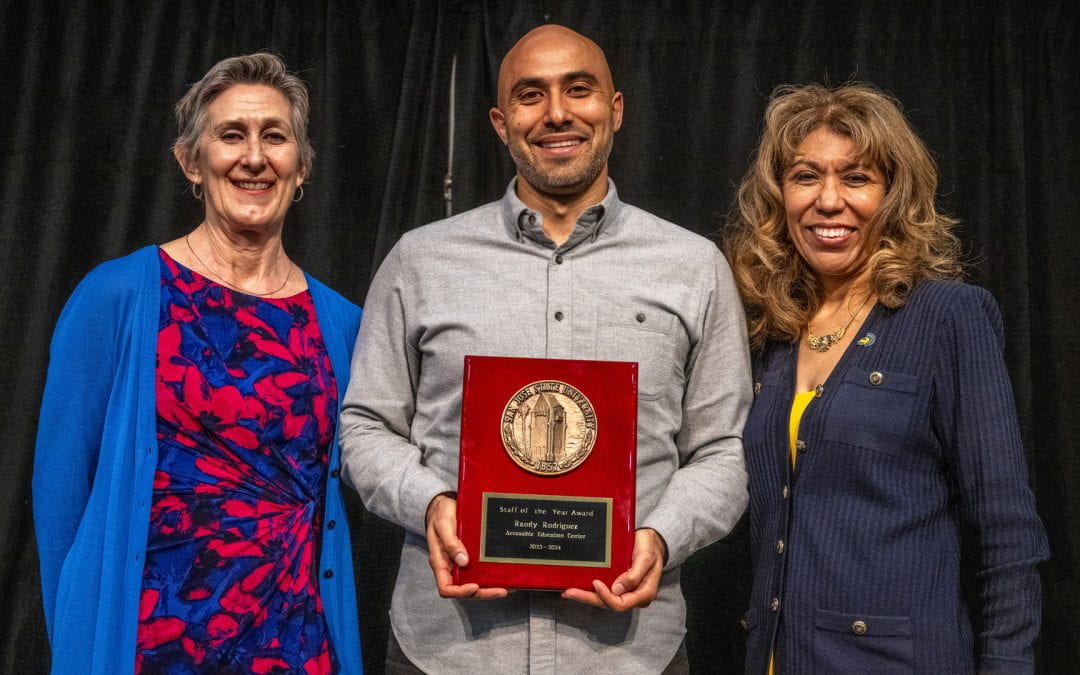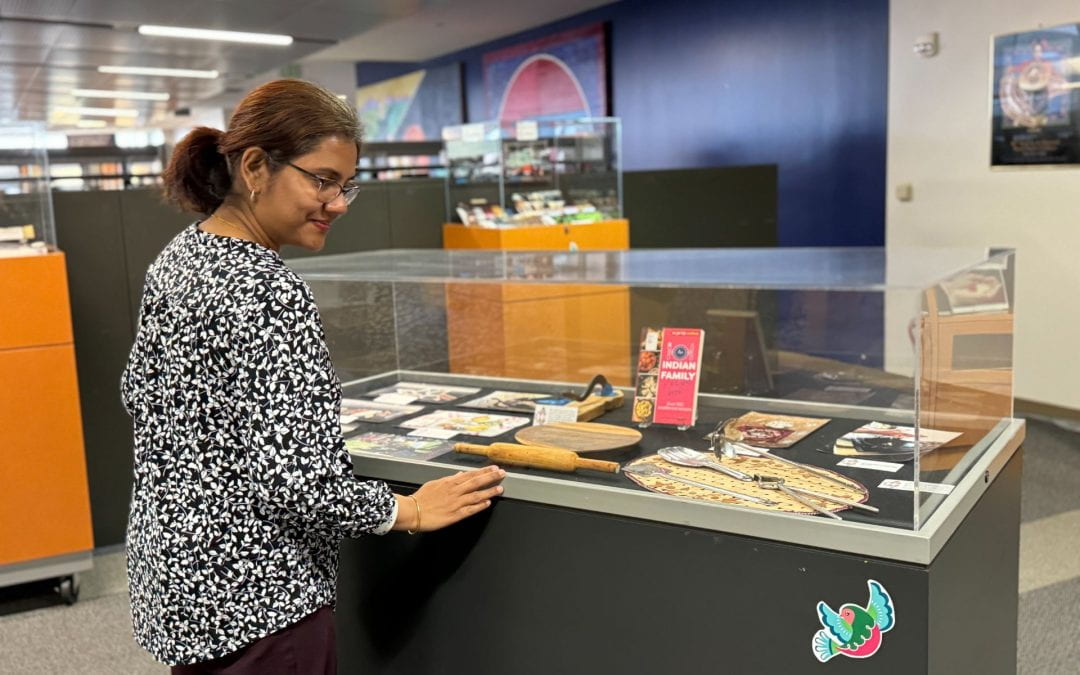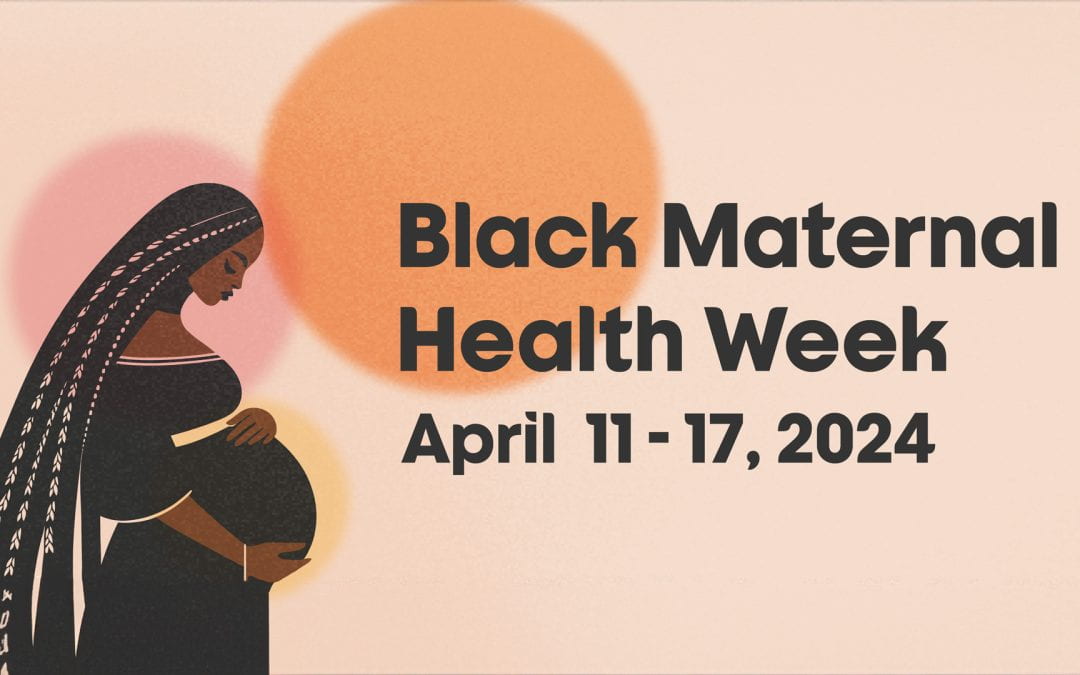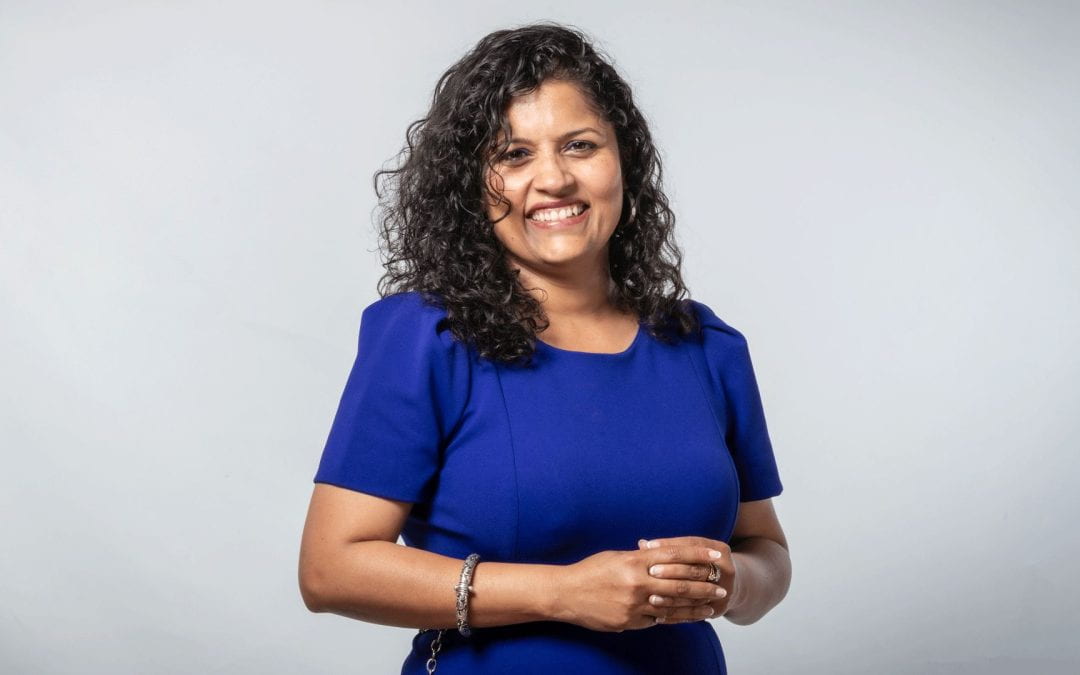What is Juneteenth? A CSU Primer
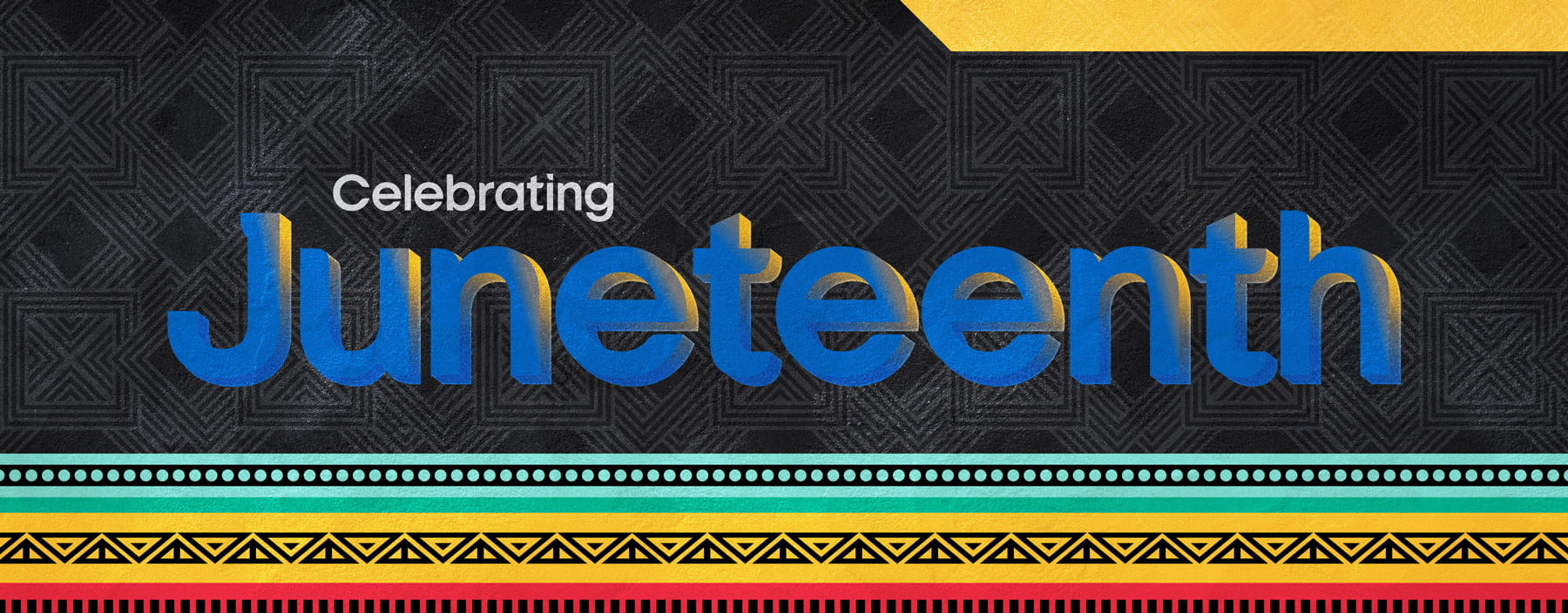
California State University, Dominguez Hills will host the first annual CSU Juneteenth Symposium on June 15 and 16.
This week, the California State University is hosting its inaugural Juneteenth Symposium, a two-day event hosted by CSU Dominguez Hills and livestreamed online. The event, entitled “By Any Means Necessary: Synthesizing the Voices of Our Ancestors and Everyday People,” will celebrate African American history and achievement and promote efforts to increase inclusive excellence throughout the CSU system.
Speakers include the keynote, author and professor emeritus of Princeton University Cornel West, interim CSU Chancellor Jolene Koester, and a number of professors and administrators representing the CSU system, the University of California system and the California Community Colleges system.
The symposium is one of many systemwide and campus programs designed to engage and support Black students in their pursuit of college success, prosperity and self-fulfillment. The biennial symposium was first envisioned by CSU student leaders who, in the wake of the murder of George Floyd, looked to take purposeful action to combat anti-Black racism, foster authentic intercultural dialogue and highlight the legacies and contributions of the African American community.
In advance of the event, the SJSU NewsCenter connected with Jahmal Williams, director of advocacy and racial justice, to gain a better understanding of Juneteenth and how members of the San José State University community can advance efforts toward anti-racism. Williams spearheaded the university’s inaugural Transforming Communities event last fall, which offered Spartans and community members the chance to engage with content centered at the intersection of race and inequality, systemic injustice, community healing and restoration, human rights, sexuality and gender. It will be returning to SJSU this fall.
What is Juneteenth?
Jahmal Williams (JW): Juneteenth is special. It not only marks the official day that enslaved Africans and Black Americans were finally free from the oppression of slavery, but it also highlights the legacy of anti-Black racism in this country and speaks to hundreds of years of inequality. Juneteenth presents a great opportunity for all people in the United States to celebrate Black culture and history. It also offers a time for reflection for the work that needs to be done to truly make this country equitable for Black people in America.
Why is it important to recognize this holiday?
JW: This holiday offers a time for celebration as well as time for reflection. It is important to celebrate the accomplishments, culture, history, and current achievements of Black people in this country, and this holiday affords all people that opportunity. It is also important that people use this holiday as an opportunity to learn and reflect on how historical and systematic efforts have served to subjugate and mistreat Black people for centuries post-Juneteenth.
Although freedom was finally granted to all Black people on Juneteenth, Black Americans weren’t truly free and were definitely not equal. The many decades from Juneteenth through the passing of the Civil Rights Act equated to almost another century of abuse and persecution for Black people. The Juneteenth holiday can serve as a much needed starting point for many people who may not understand this very complex history.
What does this holiday mean to you?
JW: For me, this holiday reminds me of how special my life is, my family’s life is, my children’s lives’ are, and the lives of the people within my community. It makes me so proud to be Black. I absolutely love it because Juneteenth is a testament to the resilience, strength, intelligence, fortitude and faith that Black people had to exude, and continue to radiate, in order to be standing here today.
No one will ever truly understand what it was like to be held captive and suffer through the middle passage, and hundreds of years of slavery. We know it was one of the most inhumane things ever inflicted on a population. And for me to be part of the ancestral lineage of Black people who were able to persevere through all of that, just shows me that I can accomplish anything. This is the message I want to send to my daughters. Knowing that Juneteenth just became a holiday highlights how our work is not done, but it also reminds me that we can and will overcome all oppression that is targeted towards us as Black people.
What actions can people take to increase their understanding of anti-racism?
JW: I encourage people to not only read and study history written by Black voices and community members but to also get involved in something. Some of the best learning comes by being in dialogue and action with people fighting against racism and fighting for true equality.
Reading, studying and learning is great, but if that comes without some form of action in your neighborhood, workplace and community, then what good is knowing all of that information? Anti-racism isn’t something to study and understand just for the sake of understanding. It is to drive action, to drive change. So I would say the best way for people to increase their understanding is to show up. Find an organization, a rally, an anti-racist cause and use your skills, talents, resources and voice to have an impact to drive change and recreate the spaces you occupy.


